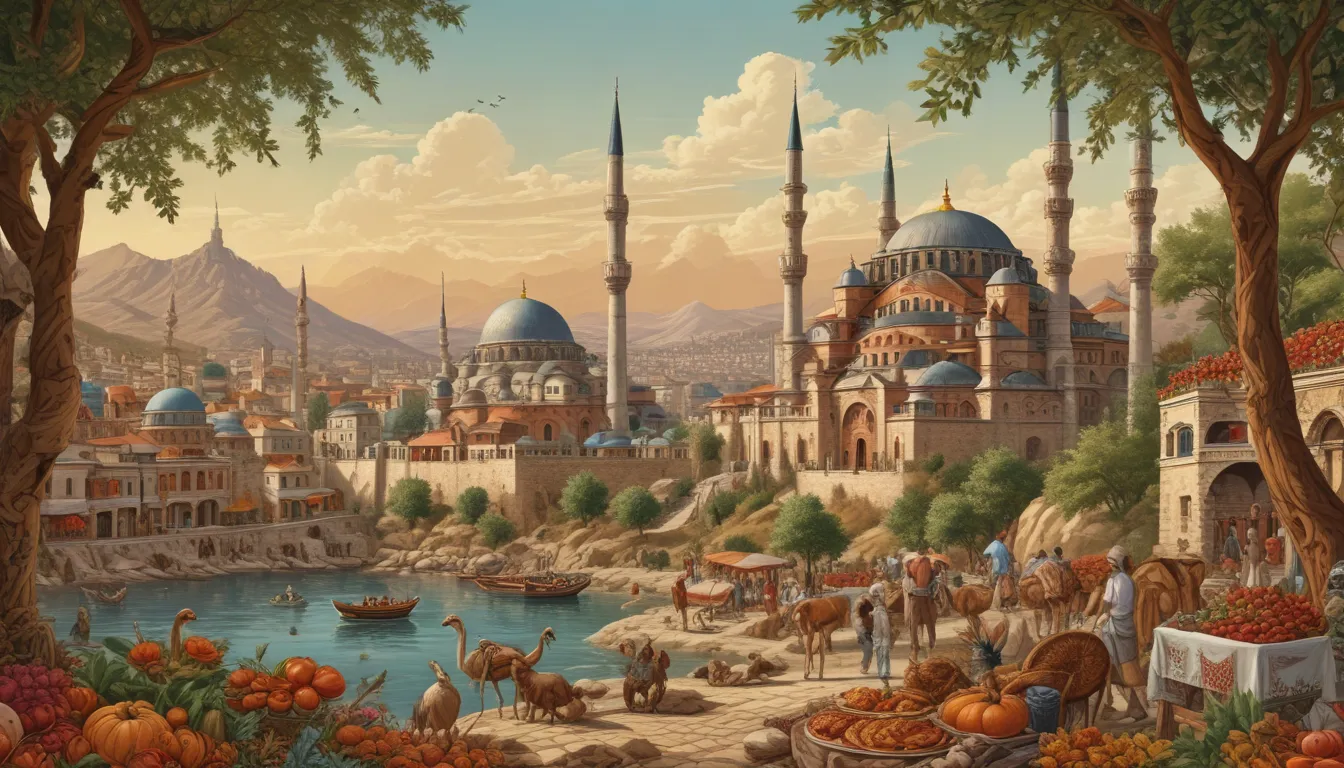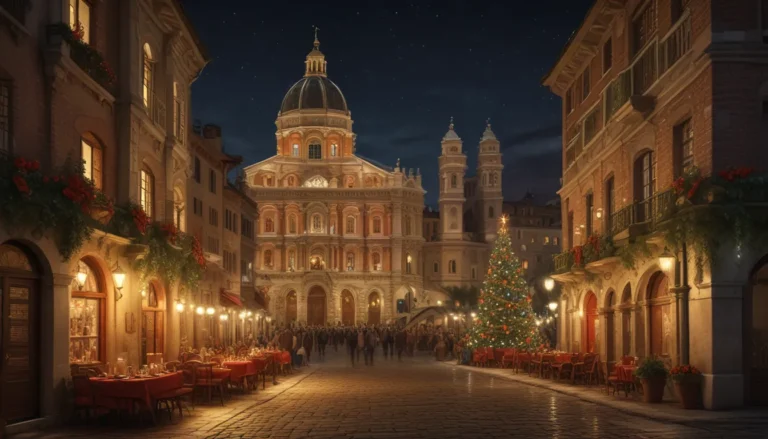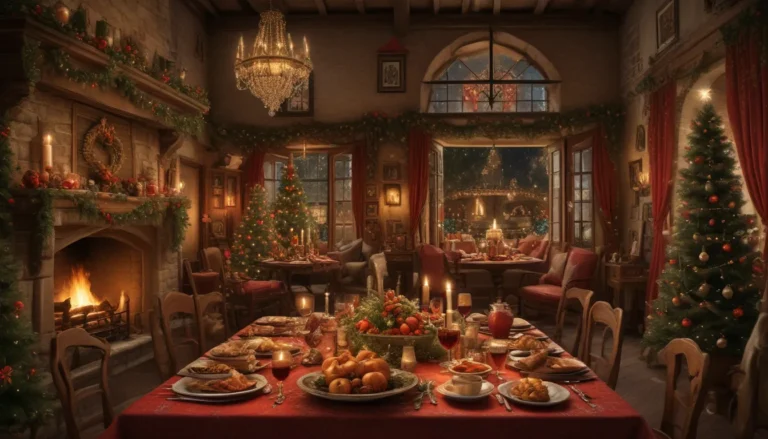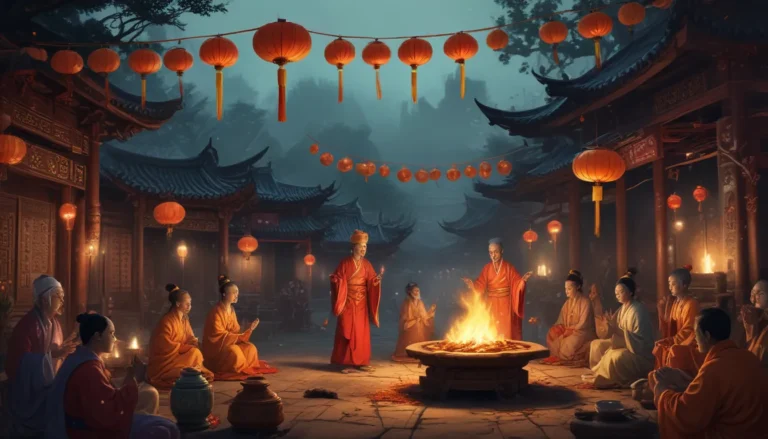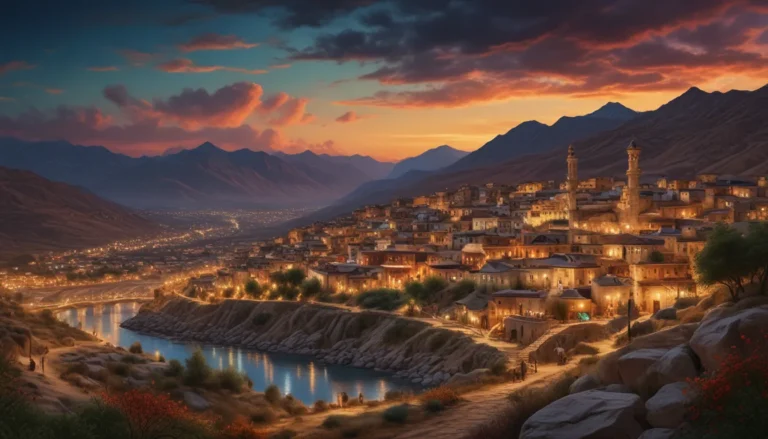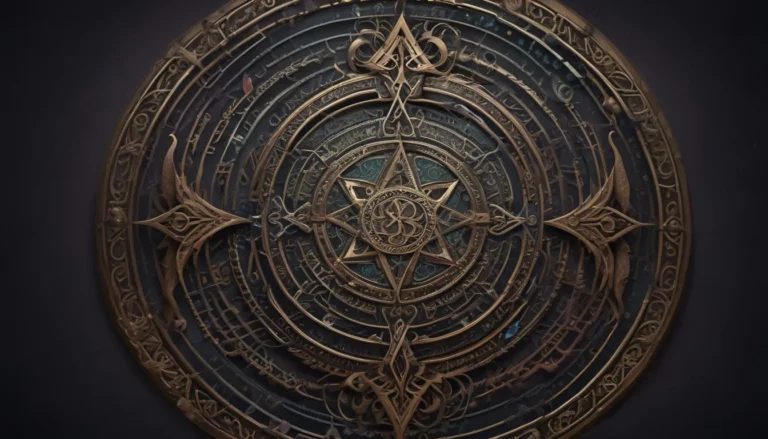The images in our articles may not match the content exactly. They are used to grab your attention, not to show the exact details in the text. The images complement the text but do not replace it.
Turkey, a country that straddles two continents, Europe and Asia, offers a rich tapestry of history, culture, and tradition. From its vibrant bazaars to the majestic ruins that whisper tales of ancient empires, Turkey is a country where the past and present coexist. Let’s delve into some of the most fascinating cultural facts about this unique country.
A Blend of Cultures
Turkey’s strategic location at the crossroads of Europe and Asia has made it a melting pot of cultures. This blend is evident in its cuisine, architecture, and languages. Turkish culture is a vibrant mosaic, influenced by the many civilizations that have called this land home, from the Byzantines to the Ottomans.
Culinary Delights
Turkish cuisine is renowned worldwide for its rich flavors and diversity. Dishes like kebabs, baklava, and Turkish delight reflect a tradition that has been refined over centuries. Coffee culture in Turkey is not just about enjoying a cup of joe; it’s an entire experience. Turkish coffee, served thick and strong, is a symbol of hospitality and friendship. Reading the coffee grounds to tell fortunes is a popular pastime among locals and visitors alike.
Architectural Wonders
The Hagia Sophia, with its massive dome and intricate mosaics, stands as a testament to the complex history of Turkey. Originally a cathedral, then a mosque, and now a museum, this architectural marvel symbolizes the confluence of Christianity and Islam in Turkey. Another iconic structure, the Blue Mosque, is famous for its blue tiles surrounding its interior walls. It remains an active place of worship while also attracting tourists from around the globe.
Festivals and Traditions
Turkey celebrates both secular and religious festivals with great enthusiasm. One of the most significant celebrations is Ramadan, a month of fasting, prayer, and reflection. The oil wrestling festival in Edirne, known as K?rkp?nar, is one of the oldest sporting events in the world. Wrestlers, covered in olive oil, compete in this traditional Turkish sport, which dates back to the Ottoman Empire.
The Turkish Language
The Turkish language is a bridge between East and West, with loanwords from Arabic, Persian, Italian, French, and English. In 1928, Mustafa Kemal Atatürk introduced the Latin alphabet, replacing the Arabic script, as part of his reforms to modernize Turkey.
Art and Literature
Turkish literature is a rich amalgam of influences, with works ranging from epic poetry to contemporary novels. Nobel laureate Orhan Pamuk is among the most well-known Turkish authors, celebrated for his contributions to literature and his ability to weave Turkish history and culture into his narratives. Traditional Turkish art includes carpet weaving, ceramics, and calligraphy. Turkish carpets, known for their intricate designs and craftsmanship, are sought after worldwide.
Family and Social Life
In Turkish culture, family is the cornerstone of social life. Large family gatherings, where multiple generations come together to share meals and stories, are common. Hospitality is a hallmark of Turkish culture. Guests are treated with utmost respect and often offered the best of what the host has to offer, be it food, coffee, or a place to stay. This tradition of hospitality is a reflection of the warmth and generosity that Turkish people are known for.
A Final Stroll Through Turkey’s Rich Tapestry
Turkey’s cultural landscape is as diverse and vibrant as its history. From the savory delights of Turkish cuisine to the ancient ruins that whisper tales of bygone eras, this country offers a unique blend of the old and new. Traditional arts like carpet weaving and ceramics continue to thrive, showcasing the meticulous craftsmanship of Turkish artisans. Meanwhile, festivals and celebrations, such as Ramadan and the Oil Wrestling Festival, highlight Turkey’s rich communal spirit and reverence for tradition. Language, an essential marker of identity, serves not just as a means of communication but as a bridge connecting generations. Lastly, Turkey’s geographical diversity, straddling two continents, enriches its cultural fabric, making it a fascinating study of contrasts and harmony. Delving into Turkey’s culture reveals a world where history, art, and tradition dance together, inviting everyone to partake in its timeless beauty.
Frequently Asked Questions
Q: What makes Turkish culture unique?
A: Turkish culture stands out due to its rich tapestry woven from various historical, geographical, and social threads. From the grandeur of the Ottoman Empire to the modern republic founded by Mustafa Kemal Atatürk, Turkey’s history is a fascinating blend of East and West. Its unique position, straddling two continents, has made it a crossroads of civilizations for centuries, influencing its language, cuisine, and traditions in ways found nowhere else.
Q: Can you tell me about a traditional Turkish dish everyone should try?
A: Absolutely! When it comes to Turkish cuisine, you’ve gotta try kebabs. But let’s talk about something perhaps less known but equally delicious: Baklava. This sweet, flaky pastry, loaded with nuts and soaked in syrup, is a culinary masterpiece. Each bite offers a crunch and sweetness that’ll have you reaching for more. It’s not just food; it’s an experience, reflecting centuries of culinary tradition.
Q: What’s a popular Turkish tradition that tourists often participate in?
A: One tradition that captures the hearts of many visitors is the Turkish tea culture. Sitting down for a cup of tea, or çay, is more than a break; it’s a social ritual. Whether you’re in a bustling city café or a quiet village home, you’ll likely be offered a tulip-shaped glass of this crimson delight. It’s a warm, inviting gesture that embodies Turkish hospitality.
Q: Are there any unique festivals in Turkey that showcase its culture?
A: For sure! Turkey’s calendar is dotted with festivals that are as vibrant as its history. One standout is the Istanbul International Music Festival. Here, classical music takes center stage, bringing together world-renowned performers in stunning historical venues across the city. It’s a feast for the senses, offering a glimpse into Turkey’s cultural sophistication and its embrace of the arts.
Q: What role does religion play in Turkish culture?
A: Religion, particularly Islam, plays a significant role in shaping the social and cultural fabric of Turkey. You’ll see its influence in the stunning architecture of mosques, in the call to prayer echoing through cities, and in festivals like Ramadan and Eid. Yet, Turkey is also known for its secularism, a principle enshrined by its founder. This blend of tradition and modernity makes the country’s cultural landscape all the more intriguing.
Q: How important is family in Turkish society?
A: In Turkish society, family is the cornerstone. It’s common for multiple generations to live under one roof or in close proximity, sharing daily meals and life’s milestones. Respect for elders is paramount, and family gatherings are frequent and joyous occasions. This strong sense of kinship and community support is a defining aspect of Turkish life.
Q: What’s a must-see historical site in Turkey that tells a story about its past?
A: You can’t talk about Turkey without mentioning the Hagia Sophia. Originally a cathedral, then a mosque, and now a museum, this architectural marvel in Istanbul tells a story of religious and cultural transformation over centuries. Its massive dome, stunning mosaics, and historical significance make it a testament to Turkey’s complex and layered history.
Engage with Turkey’s Vibrant Culture
Our commitment to delivering trustworthy and engaging content is at the heart of what we do. Each fact on our site is contributed by real users like you, bringing a wealth of diverse insights and information. To ensure the highest standards of accuracy and reliability, our dedicated editors meticulously review each submission. This process guarantees that the facts we share are not only fascinating but also credible. Trust in our commitment to quality and authenticity as you explore and learn with us.
